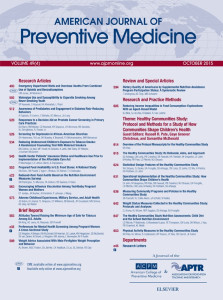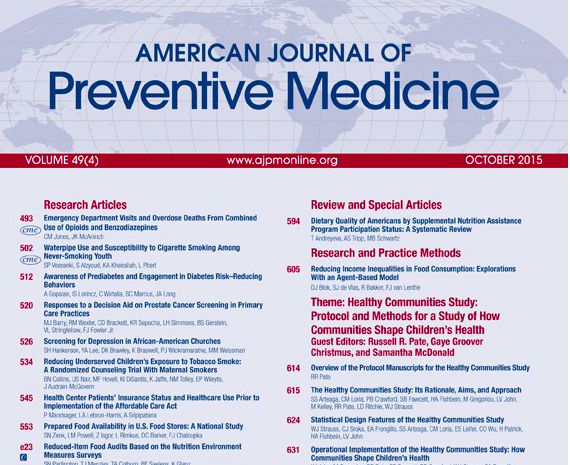Transparency is extremely important to us, so we are letting you know that we may receive a commission on some of links you click on from this page. See our disclaimer.
 We know that a major source of potentially controllable business expense comes from diabetes. According to Benefits Pro, “employees with diabetes are pummeling the bottom lines of American business to the tune of $175 billion a year in direct medical costs.”
We know that a major source of potentially controllable business expense comes from diabetes. According to Benefits Pro, “employees with diabetes are pummeling the bottom lines of American business to the tune of $175 billion a year in direct medical costs.”
So what can businesses do? It turns out, helping employees become aware of their situations matters.
The American Journal of Preventive Medicine notes that “Studies have demonstrated the benefit of weight loss and physical activity for diabetes prevention among those with prediabetes. Despite this evidence, only about half of people with prediabetes report engaging in these behaviors.”
A study published in the AJPM and titled “Awareness of Prediabetes and Engagement in Diabetes Risk-Reducing Behaviors” sought “to examine the impact of prediabetes awareness on the odds of engagement in diabetes risk-reduction behaviors.”
According to the Penn Leonard Davis Institute of Health Economics, the researchers “identified prediabetic patients from two cycles of the National Health and Nutrition Examination Survey, and divided the population into two groups: those who are aware and those who are unaware of their prediabetes status. The authors then asked the individuals about risk reduction activities such as physical activity and weight management.”
The results show that increasing personal awareness of a prediabetic condition mattered.
Penn states: “Only a little over one tenth of patients who fell in the prediabetes category were aware of their status. Adults who were aware of their status had higher odds of engaging in risk reduction behaviors including moderate physical activity and weight management.”
The study concludes: “Prediabetes-aware adults have increased odds of engagement in physical activity and weight management. Increasing patients' awareness of prediabetes could result in increased performance of exercise and weight management behaviors and, most importantly, decreased risk of future diabetes.”




0 Comments